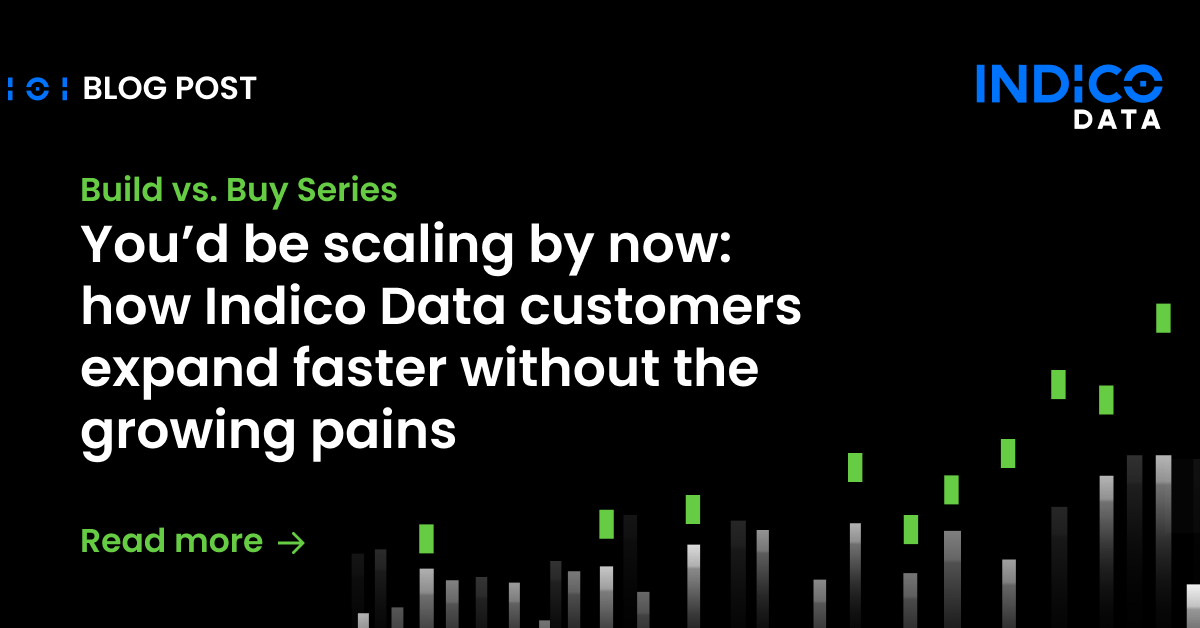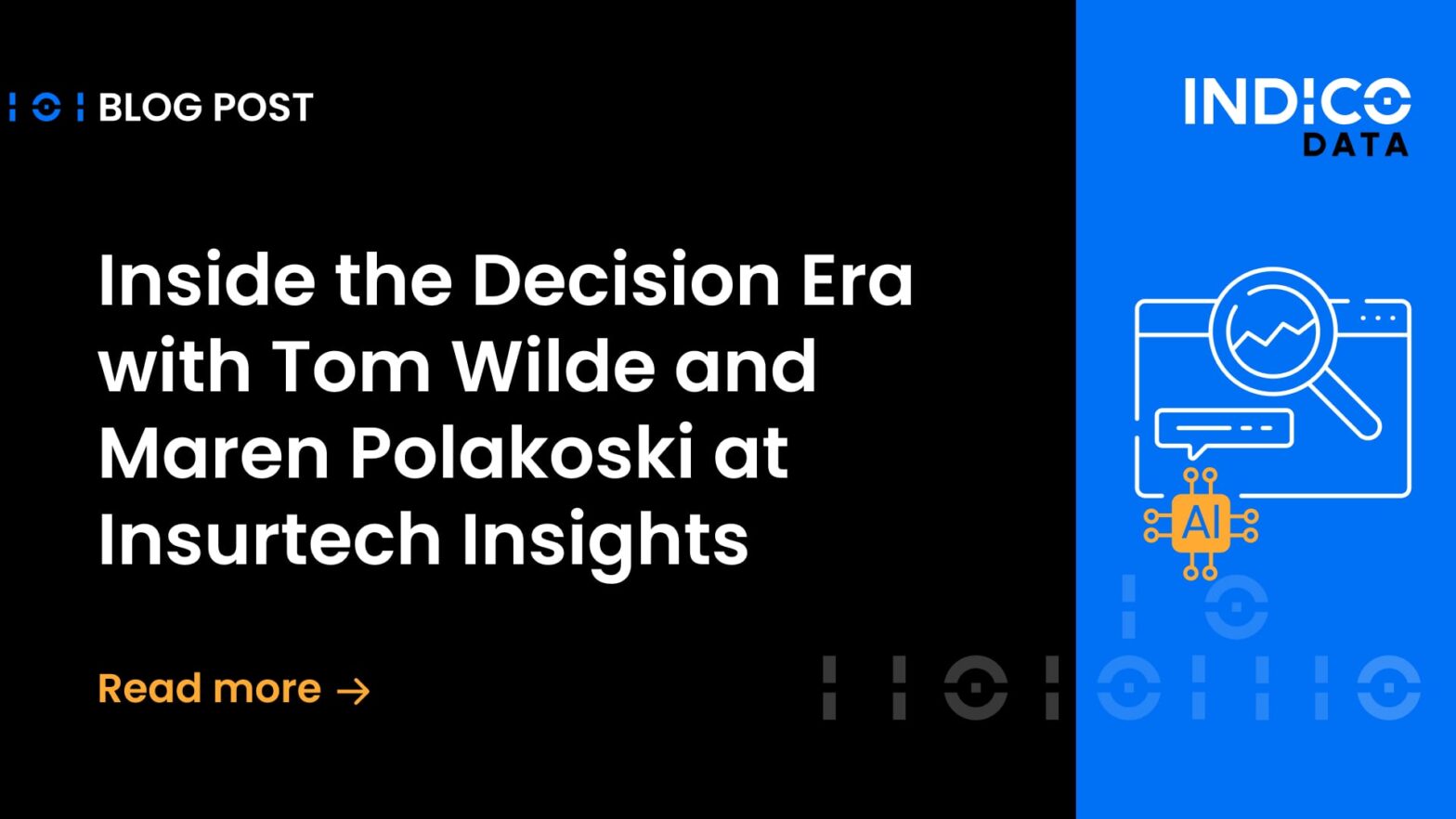Of all the processes a commercial insurance company has to deal with, workers’ compensation claims are perhaps the most complex and time-consuming, making it a great candidate for an emerging branch of artificial intelligence technology: claims process automation.
To understand why, let’s look at how a workers’ comp claim typically evolves. After someone gets hurt on the job, their employer files a claim. A claims adjuster talks to the worker and the employer and makes notes from the conversations. The adjuster continually adds to those notes as the employee visits a doctor and perhaps gets additional treatment, such as physical therapy.
Throughout this process, lots of data is created. You’ll have the adjuster’s notes from various conversations, documents from doctors and other healthcare providers, and perhaps most important, the Request for Authorization (RFA) for medical treatment form. RFA forms can vary widely across the U.S. Some states have specific requirements for what information the RFA needs to contain, while others have few if any requirements. That leaves insurance companies relying on manual processes to read the forms and extract relevant data.
Bringing automation to claims processing
Automation in claims processing involves bringing artificial intelligence tools to the table. Many insurers already use robotic process automation (RPA) and optical character recognition (OCR) to extract data from highly structured forms. Intelligent process automation (IPA) tools are the next step in the evolution of claims process automation.
Intelligent process automation tools use technologies including natural language processing and transfer learning that enable them to “read” documents much like a human would, including unstructured content such as RFA forms and adjusters’ notes. In that fashion, the intelligent automation tool can look at thousands of documents and extract the most relevant data – in a fraction of the time it would take a human.
Now, not all claims are created equal. Property Casualty 360 reports that 28% of claims drive 80% of claim costs. If you can find the more troublesome claims early on and give them the attention they deserve, you can likely decrease costs.
Again, a machine learning tool can identify the red flags that indicate a claim may be troublesome. Such flags may include the severity of the injury or the fact that the injured party has hired a lawyer. An intelligent automation tool can identify these cases, ensuring they get the attention they deserve – and hopefully bring those costs down.
Related Article: Reduce Loss Run Reporting Costs with Intelligent Automation
Indico offers speed and acceleration
Indico’s IPA platform is one such tool to apply to workers’ comp claims. Our model that includes more than 500 million labeled data points enables it to understand the context of most any document, structured or unstructured. In the case of RFA forms, it takes only about 200 documents to train the tool to identify the essential elements to extract, with extremely high accuracy and acceleration.
To learn more about how Indico IPA tools can help you automate the processing of workers’ comp claims, download this white paper from experts at the Everest Group, “Unstructured Data Process Automation.” And feel free to contact us if you have any questions or want to arrange a quick demo.


